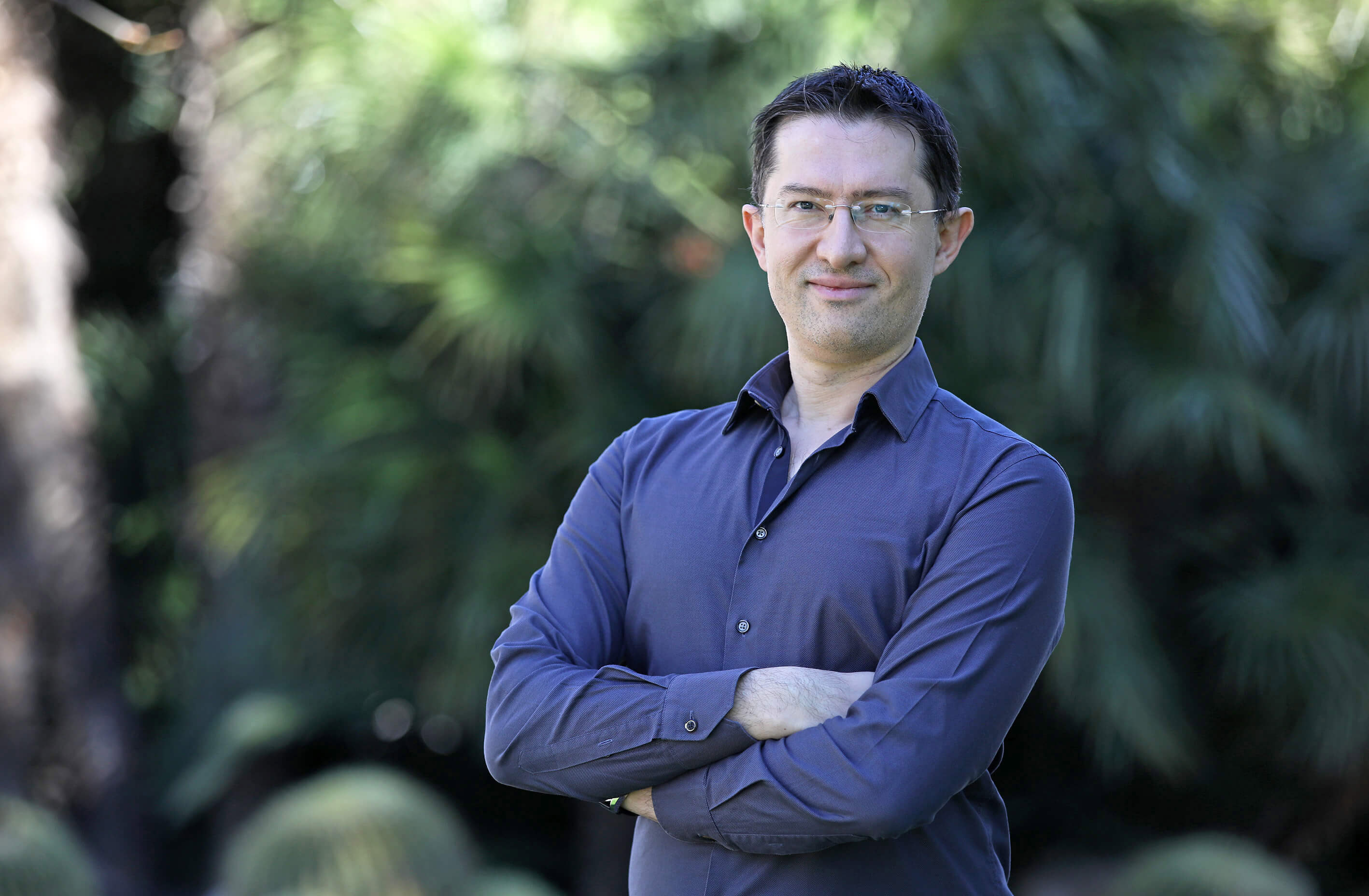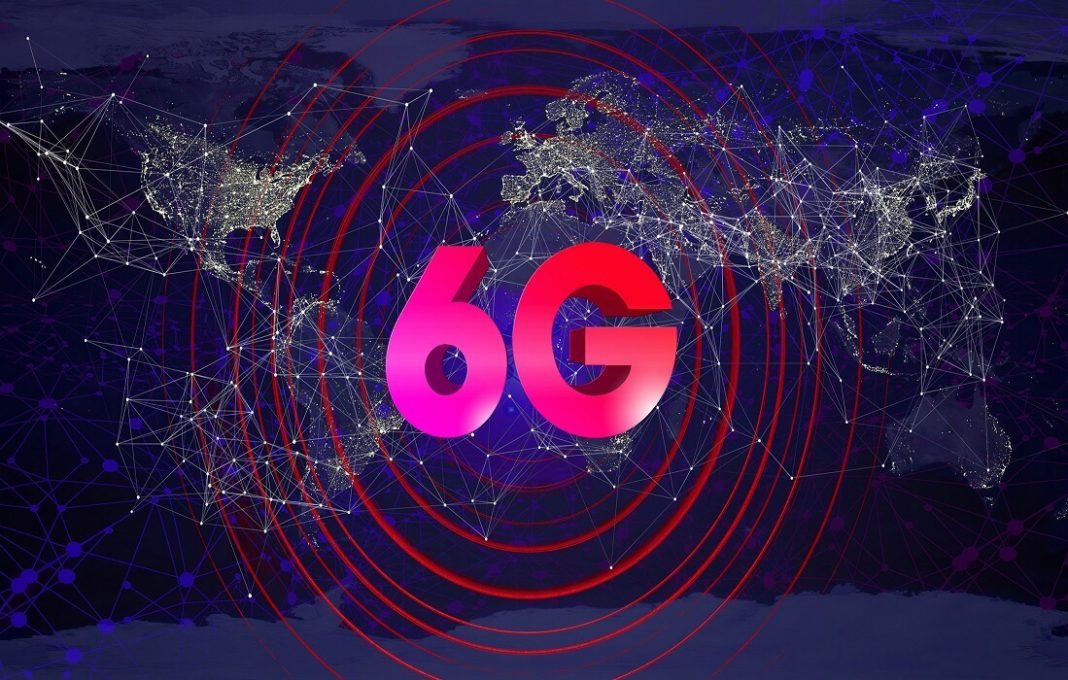Assoc. Prof. Volkan Rodoplu, Lecturer at Yaşar University Department of Electrical and Electronics Engineering, is studying on the design of the AI-based telecommunication networks that will constitute the basis for 6G, the network technology of the future, as part of the project he conducts with the support granted by the European Union (EU) Marie Curie Program. Rodoplu noted that, compared to 5G that is the internet technology of ‘smart devices’, 6G with a hundredfold increased speed will be the internet technology of artificial intelligence and added that their study will pave the way for the 6G technology.

The significant improvement achieved in the internet speed with the fifth generation mobile communication system (5G) is expected to integrate technologies such as smart cities, smart factories, smart vehicles, remote surgery, and internet of things into our lives to a greater extent. With his project “Quality of Service for the Internet of Things in Smart Cities via Predictive Networks” that he conducts with the European Union (EU) Marie Curie Fellowship, Assoc. Prof. Volkan Rodoplu, Lecturer at Yaşar University Department of Electrical and Electronics Engineering, has developed a novel network technology that bears significant importance for the 6G mobile network technology of the future reaching beyond the 5G technology.

SIGNIFICANT STEP TOWARDS 6G
The project is intended to offer numerous applications in smart cities by means of enhancing the artificial intelligence technology for the internet of things. The internet of things is known as the main provided of the technologies to be installed in smart cities, including technologies of smart bins that automatically notify municipalities that they are full, smart traffic lights that adjust their lighting order in accordance with the pedestrians’ needs, as well as smart factories and smart agriculture. To give insight into the project, Assoc. Prof. Rodoplu said, “Compared to 4G, the greatest innovation introduced with 5G is end-to-end tunneling for communication. Remote surgeries can be given as an example. Let’s assume that the surgeon is in the US and the patient is in Turkey. 5G facilitates a virtual communication tunnel from the end where the surgeon is located in the States, thereby allowing the scalpel to move once the the surgeon’s movement reaches the operating robot here in one fifth of a second. This end-to-end communications tunnels will be dominant in all kinds of data such as YouTube videos and Facebooks flows. Our objective in the project is to optimize the flows through these communication tunnels now that the technology is already headed towards achieving 6G”

